Can you cut 1 Tonne of carbon pollution out of your life?
Take the challengeThis is a guest article from 1 Million Women community member Nina Hill.
Brinkley Davies is a free diver, conservationist and ocean lover who grew up as a surfer and as a curious kid surrounded by the sea.
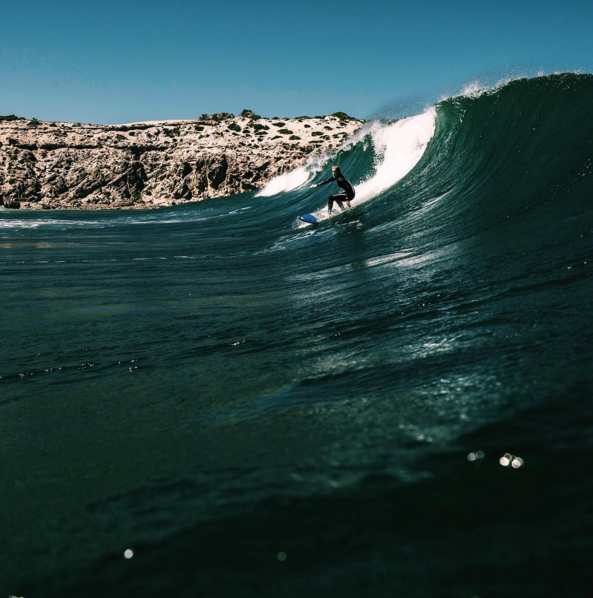
"I have felt connected to the ocean since I was really young and throughout growing up here in Australia, and overseas, I have become more connected to the ocean on a broader level."
"I started free diving purely for the feeling it gave me, and also the ability to stay down longer to check things out. I am unsure exactly how long I can hold my breath; I choose not to time myself many times as it affects my peace of mind."
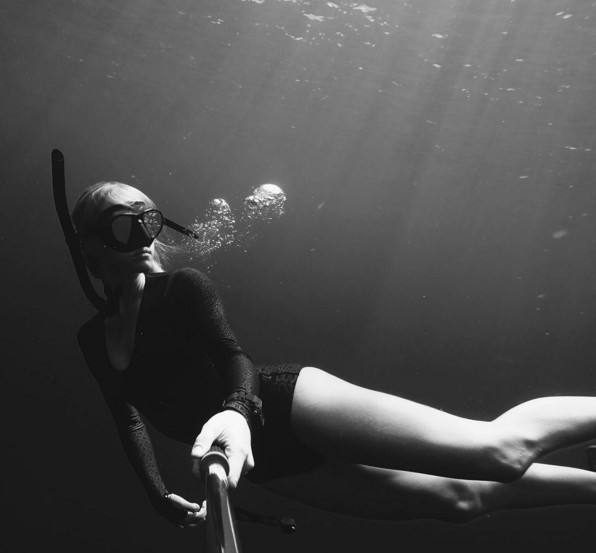
"I am inspired by the ocean, and I understand the importance of balance in species in the ocean. I have come to appreciate that many animals that society may not, sometimes just because we cant hear animals yelling in desperation or pain, it doesn't mean they aren't in need of protection. Conservation and animal rights are two different things, but I am for both of them"
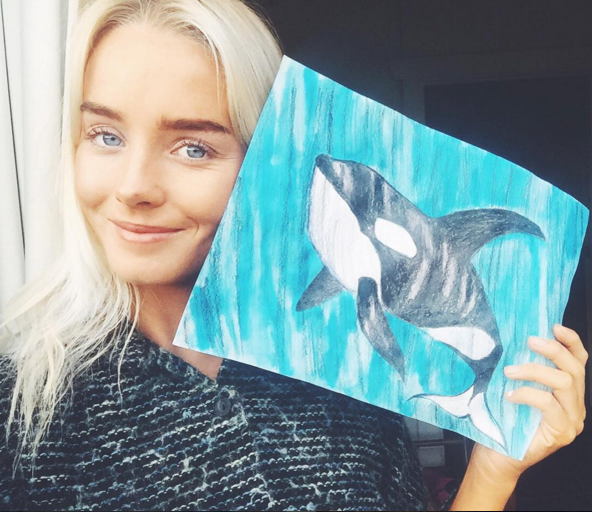
"I have been involved in many different conservation projects, one that I am most excited about is one I am volunteering with in Hawaii with in November, we are tracking, tagging, identifying and studying Odontocetes (toothed Whales) off the Big Island, Hawaii for a few weeks, so I am really excited about that."
"In science, you have to be willing to work hard, and many times, for free, be humble and always be open to learning. I have grown up being a competitive surfer, a model, a free diver, but being in Marine Biology is my passion."
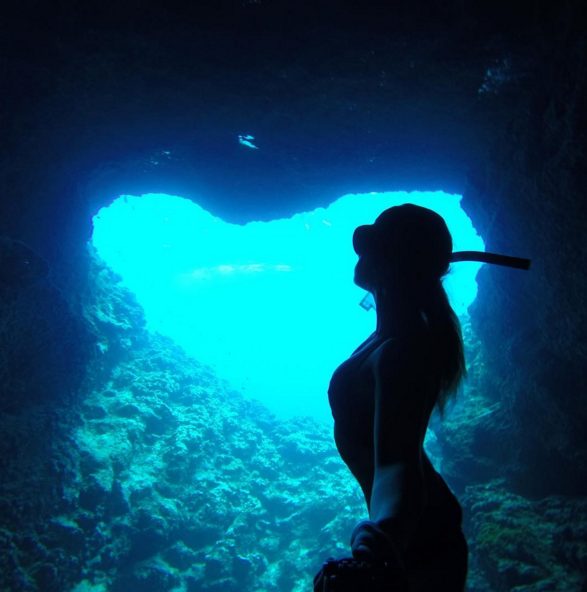
"My biggest inspirations are Jane Goodall and David Attenborough. I grew up watching Attenborough documentaries, to captivate an audience about some of the most unexplored, vast and interesting places on this earth is an achievement completed by no other. Many people photograph wildlife, but not many do it with the passion Goodall and Attenborough have."
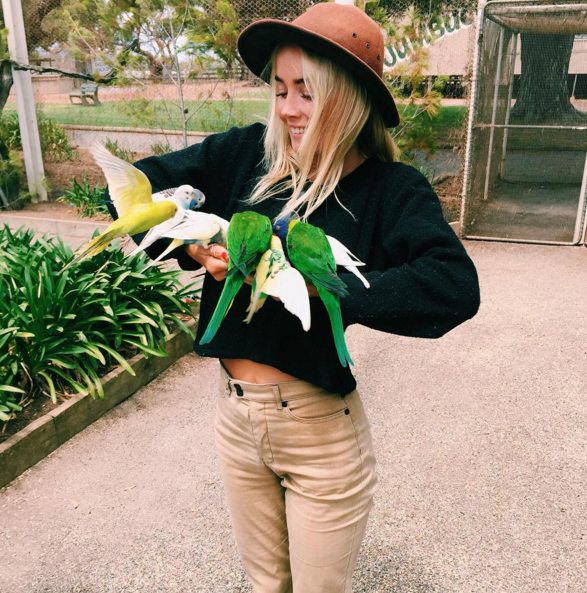
"If I could permanently change one thing about the world it would be for people to see animals as creatures who co exist on this earth with us, and nothing more. We as humans exploit every species we find, they are not ours to use, they have every right to be on this planet. As does the rainforest, the ocean, and oxygen we are constantly polluting in the air we breathe."
Nina Hill is the resident host of Skuff TV, an extreme sports show that airs on Fox Sports Australia. She is also a producer and presenter for a number of online channels. Somehow she finds the time to work as a model and a freelance journalist. All the while exploring every corner of the globe with her obsessive travel bug. You can keep up with her on Instagram, Periscope, and LinkedIn.
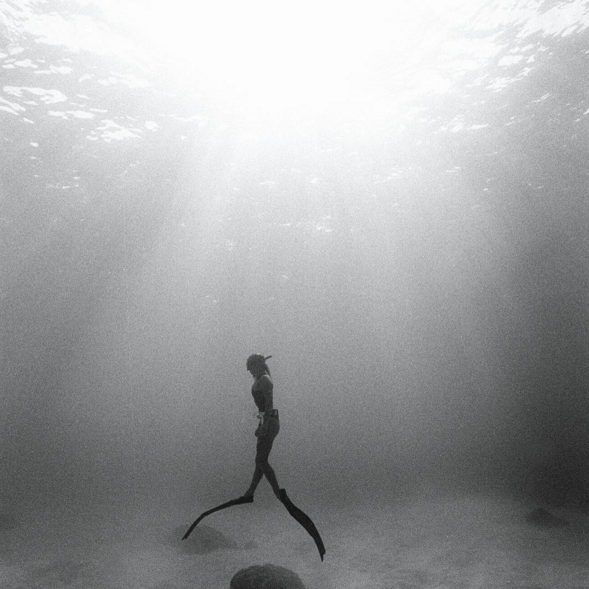
In 2015, the United Nations themed World Oceans Day, "Healthy oceans, healthy planet", highlighting the importance of caring for these huge bodies of water.
74% of our planet is water, most of which are our beautiful blue oceans. Oceans sustain an incredible amount of life, store carbon, regulate Earth's climate and provide people with food and medicines.
Sadly, an estimated 8 million tonnes of plastic is dumped in our oceans worldwide every year. These plastics and other debris have now formed massive garbage islands in 5 oceans in places known as gyres (currents that create whirlpools, trapping the plastic in one spot).
Find out more about what sort of rubbish ends up in the oceans
Other issues impacting the health of the world's oceans include ocean overfishing, coral bleaching and species extinction. In addition, global warming is raising ocean temperatures, which is disturbing the delicate balance of our underwater ecosystems. Oceans also become more acidic as seawater absorbs CO2 from the atmosphere, in a process called acidification.
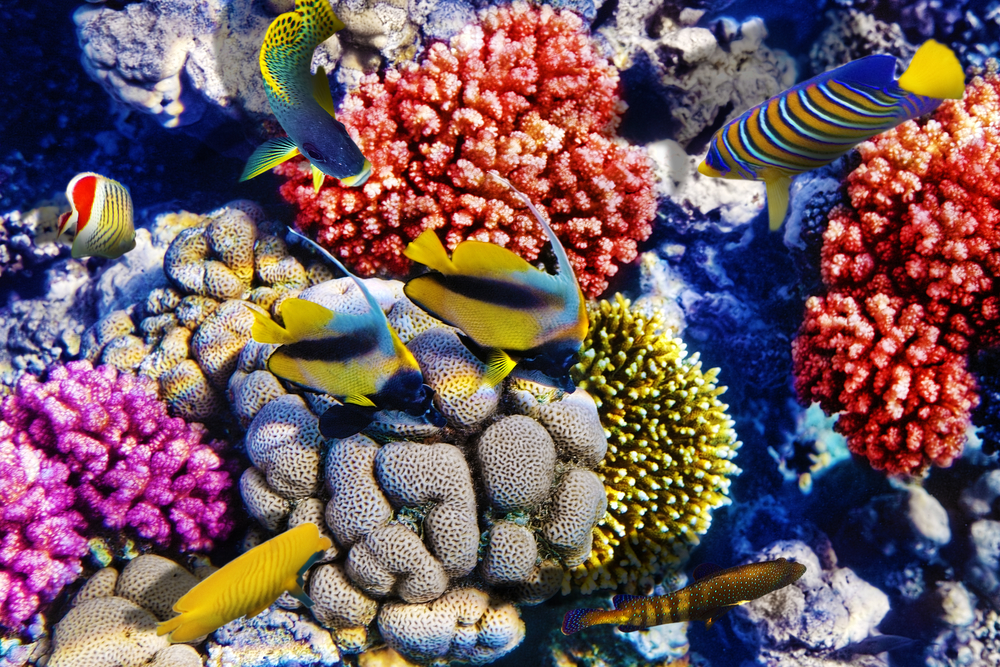
Image: Shutterstock
What you can do
1. Never, ever touch corals or harass marine life
Even seemingly harmless touching of corals or fish can cause damage, so whenever you're diving, swimming and at the beach, remember to treat the ocean's flora and fauna with respect and care.
2. Check your sunscreen
Not all sunscreens are made equal. Researchers have found that a common UV-filtering organic compound called oxybenzone used in sunscreen is toxic to corals. According o the U.S National Park Service, somewhere between 4,000 to 6,000 tons of sunscreen enter coral reef areas around the world each year – that's a lot of sunscreen considering that all it takes is a water droplet size of sunscreen placed within an Olympic-sized pool to cause toxic effects. If you're going diving, consider wearing a full-length wetsuit. If sunscreen is absolutely essential, consider biodegradable, eco-friendly ones.
3. Don't litter
Never put your rubbish into the water. There is an estimated number of 18,000 pieces of plastic litter floating on every square km of the ocean right now. This kills 1 million seabirds and 100,000 turtles and marine mammals each year. 6 million tonnes of debris enters the world's oceans annually and you don't want to be the contributor to one of that.
In fact, why not go a mile further and pick up any pieces of plastic or trash you see when you're diving or snorkelling and dispose of it properly?
4. Reduce the amount of wastewater you're producing
Because wastewater flows somewhere eventually and it might just end up in the ocean. Start by keeping gutter, sinks and drains free of chemicals and rubbish so choose biodegradable, eco-friendly detergents or even better still, make your own cleaning product. You can also minimise water runoff by planting trees and garden beds around your house. And of course, you can just take shorter showers.
5. Cut back on your plastic consumption
Especially things like coffee cups and plastic bags. Here are 8 single-use plastic items to ditch from your life. Less plastic waste = emptier landfills = lower CO2 emissions. We've talked a lot on 1 Million Women why going reducing our plastic consumption is good for the planet here in our top posts to help you live plastic-free.
6. Eat sustainable seafood
Many species of fish are being over fished and their population are dwindling dramatically. Always make sure the seafood you buy comes from sustainable sources. Here's why choosing certified sustainable seafood can help the oceans and shrink your carbon footprint.
7. Spread the word!
Read up on everything you can about marine conservation and coral reefs and share these information with others. The more information you have on hand, the more informed actions you can take to save our oceans and reefs!
Do you have other tips on how we can protect the oceans? Let us know!
Banner image: Shutterstock | Article images: Instagram
READ THIS NEXT: Why you should reconsider climbing Mount Everest
